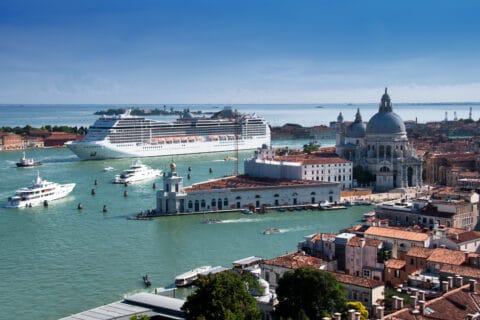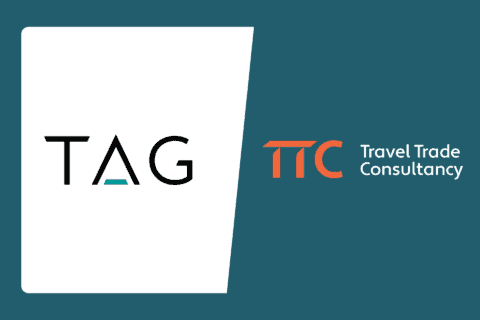We often get asked: ‘If I were to sell my travel business, what price would I get for it?”
Or, “Is there a magic number I can multiply my profits by to get a valuation?”
Although a typical valuation exercise is often based around a calculation of:
EBITDA x EBITDA multiple
Unfortunately, the ‘magic number’ and calculation are not quite that straightforward.
EBITDA
Typically the starting point is to look at your financials and calculate the company’s earnings before interest, taxes, depreciation, and amortisation (EBITDA) for the past three to five years. However, thanks to the pandemic, the last few years of results are unlikely to reflect what your business looks like now. Potential buyers or investors will be more interested in what changes you made and how you’ve bounced back. They’ll want to know what the business they’re buying or investing in looks like now and the value of sustainable future earnings. Therefore, the figure used may be based on your latest results, your latest forecast for the year, or an average of a few different periods.
How do I calculate the EBITDA multiple?
The ‘magic multiple’ is often calculated by looking at recent comparable transactions in the travel sector. And if your business is similar to a public company listed on the stock exchange, their current trading value can also be a helpful guide. But this is just the start.
These profit multiples need to be adjusted or discounted based on a number of factors about your specific business. These will include:
- Market conditions – how big is the addressable market for your product, and is it growing or shrinking? How exposed are you to swings in the economy? For example, in a cost of living crisis, are you selling premium 5* holidays to those less affected by rising inflation and interest rates, or are you selling holidays to more price-sensitive customers with less and less disposable income?
- Your size and positioning – compared to your competitors, are you a larger, more established, diversified business able to negotiate discounted rates from suppliers and offer your customers a range of destinations? Or are you a small single-destination operator with fewer products or options for your customers? If you can articulate to a potential investor or acquirer why you’re different from your competitors and why consumers would choose you, you can increase your value.
- Quality of your management team – do you have a strong team who will be able to take the business forward under new ownership? At the extreme, we sometimes speak to owners or founders looking to sell and exit; however, when we start digging into the detail, we find they effectively are the business. They’re the main salesperson and hold key relationships with customers and suppliers. Without them, the company would probably fail. Having a succession plan is vital and something you must consider at the first stage of planning for a sale. You might even find the best people for you to sell to are the management team.
- Innovation and technology – do you have valuable in-house technology or a team with hard-to-find skills and experience? Or have you fallen behind on investing in technology to keep up with the market? If you have proprietary technology that sets your customer experience apart from your peers or are using data in a new way to drive innovative ideas, that will be more valuable to an investor or buyer. You might also find your competitors are interested in snapping it up quickly to use in their wider business.
What next?
Even once you calculate a multiple and apply it to a profit figure, you’ll need to make further adjustments for things like the amount of debt in the business, the amount of cash in the bank, or ‘trapped’ in a trust account and your working capital position.
Although a valuation starts with what looks like a relatively simple mathematical equation, many factors can affect how much your business is worth.
And the ultimate reality is that, a bit like selling a house, it’s only worth what someone else is willing to pay for it. We typically use a few different techniques to triangulate a valuation range and then get out there and talk to our network of active investors and buyers.
We’d love to hear from you if you’re considering selling your business.
Join our newsletter
If you enjoyed this post, why not sign up to our newsletter? Get our latest blog posts, industry updates and exclusive content.
Sign up



